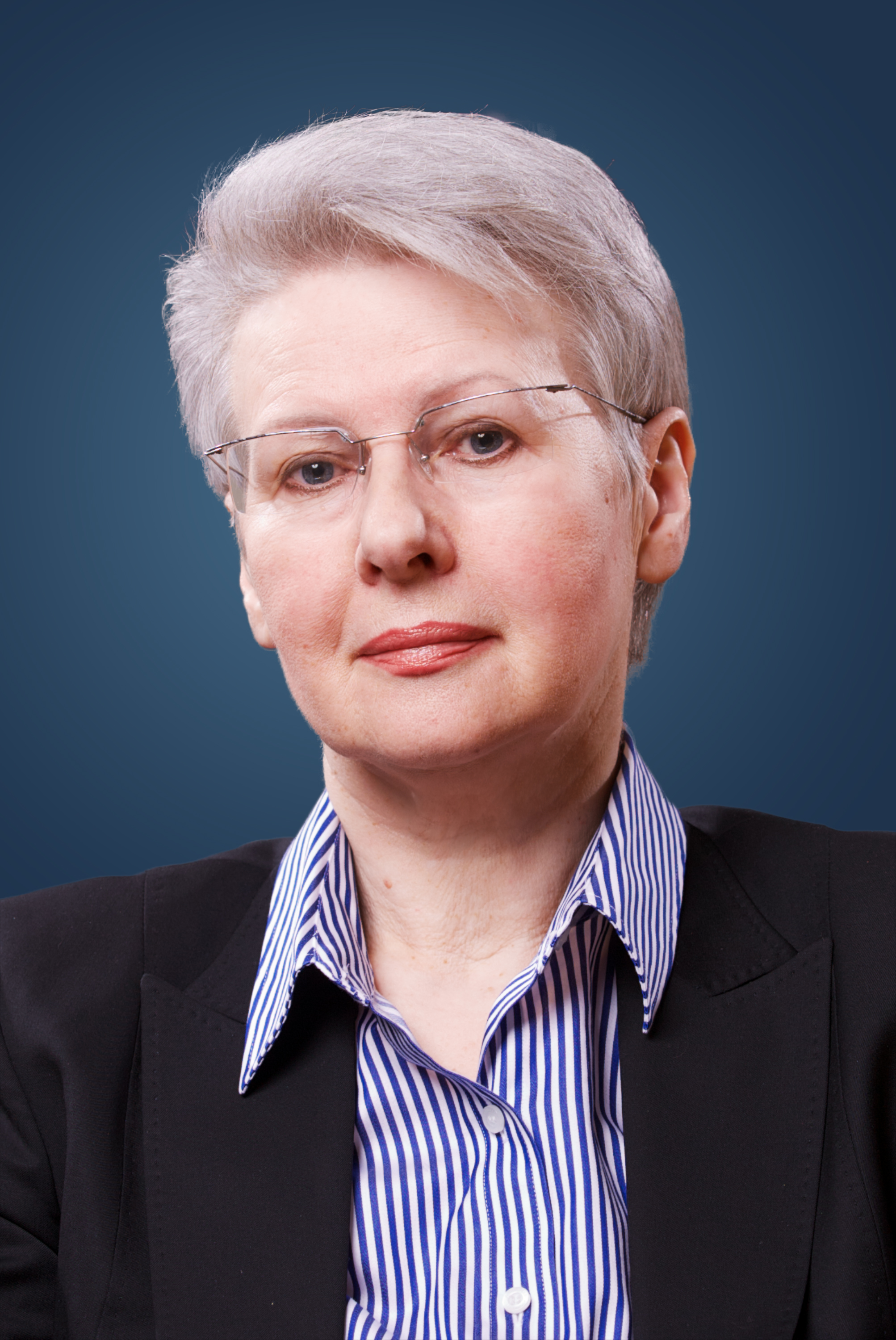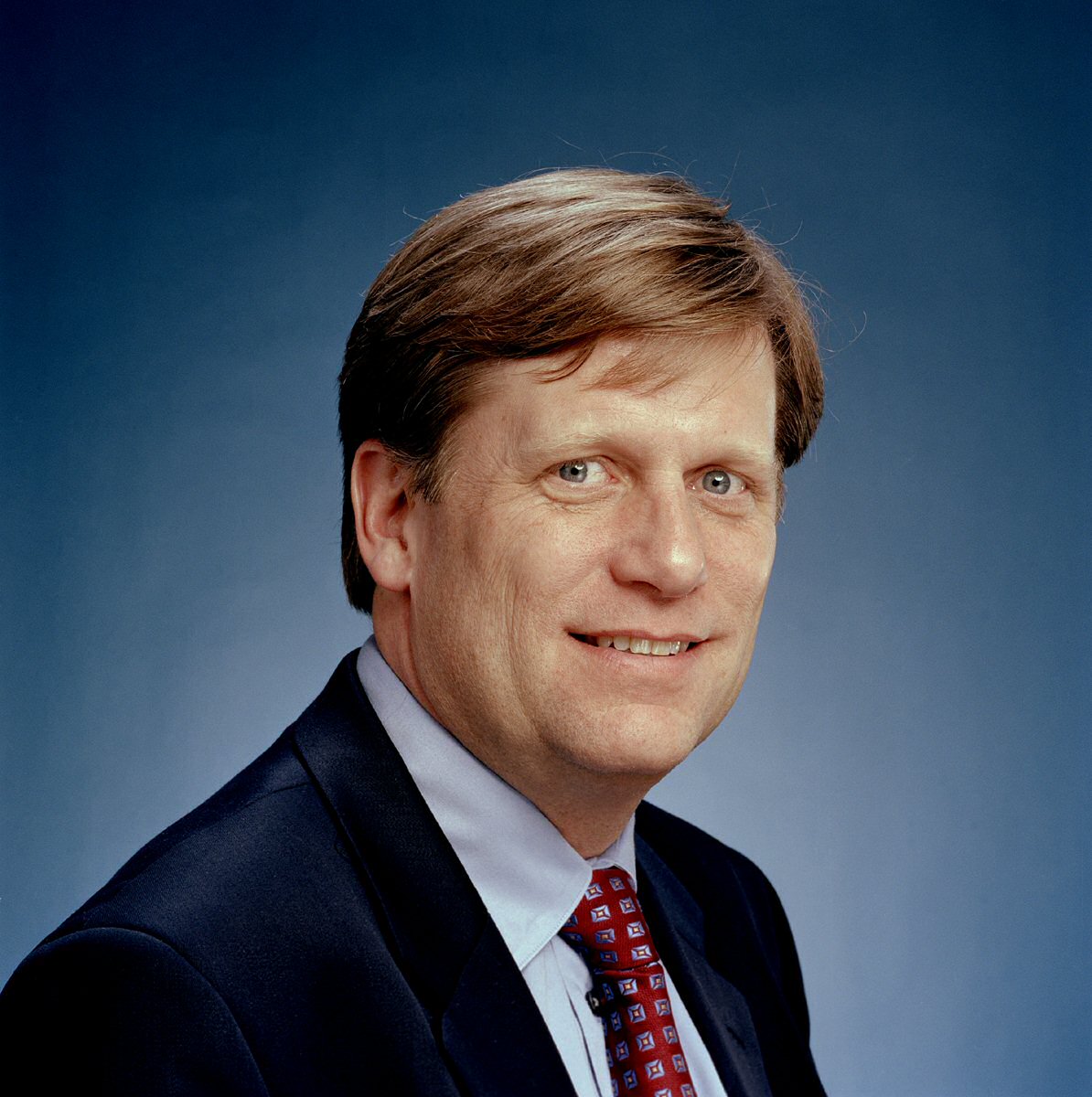{
"authors": [
"Lilia Shevtsova",
"Thomas Graham, Jr.",
"Michael McFaul"
],
"type": "event",
"centerAffiliationAll": "dc",
"centers": [
"Carnegie Endowment for International Peace"
],
"collections": [],
"englishNewsletterAll": "",
"nonEnglishNewsletterAll": "",
"primaryCenter": "Carnegie Endowment for International Peace",
"programAffiliation": "russia",
"programs": [
"Russia and Eurasia",
"Democracy, Conflict, and Governance"
],
"projects": [],
"regions": [
"Caucasus",
"Russia"
],
"topics": [
"Political Reform"
]
}
REQUIRED IMAGE
A New Era in Russian Politics?
Thu, March 30th, 2000
Meeting Report
Vol. 2, No. 2, March 30, 2000
A New Era In Russian Politics?
The future of Russia under Vladimir Putin remains highly uncertain. This was the conclusion of Carnegie Senior Associates Michael McFaul, Thomas Graham, Anatol Lieven, and Lilia Shevtsova. Each speaker addressed a different aspect of the Putin regime: McFaul focused on the implications of voting trends in Putin?s election, Graham analyzed the political and economic system forming in Russia, Lieven discussed the impact of the Chechen conflict on Russian politics, and Shevtsova forecasted Putin?s upcoming policies.
Michael McFaul
McFaul argued that there were three small surprises in the presidential elections of March 26. First, Putin did not do as well as expected. His 52.8 percent of the vote handily topped the 29.3 percent received by his closest contender, Communist candidate Gennady Zyuganov. But by the Kremlin staff?s own estimates, Putin would have received 55 million votes had the election occurred on January 15. Instead, he tallied only 37.9 million votes. McFaul hypothesized that since Putin?s supporters were a very diverse voting bloc, it was difficult for him to run a campaign that catered to all of their interests. He thus remained intentionally vague about his policy prescriptions. This worked for a few months, but it was not a viable long-term strategy as his disappointing showing displayed. Additionally, Putin?s January alliance with the Communists in the Duma and the publishing of his biography, replete with anecdotes about his KGB days, disillusioned his liberal supporters.
The second surprise of the election was that Zyuganov outperformed all analysts? expectations. McFaul attributed Zyuganov?s unpredicted success to the lack of competition he faced for protest voters ? voters whom market reforms harmed. Also, Zyuganov beat liberal candidate Grigory Yavlinsky in both Moscow and St. Petersburg, bastions of pro-market and democratic forces. However, Zyuganov fared less well in the traditional Communist stronghold of the "red belt" region than he did in the 1996 presidential election. McFaul suggested that this might have been because those who have adjusted to market reforms in these regions now outnumber those who have not.
Third, McFual remarked on the utter failure of all of the candidates other than Putin and Zyuganov. He emphasized that the "biggest losers in this election were liberals," who should have supported a single candidate. Now, two political parties, Unity and the Communists, dominate the Russian political scene. The liberals and nationalists will need to recuperate if they are to be a factor in future elections.
Still, Putin?s relatively poor showing is positive for political stability, concluded McFaul; his advisors will not feel that they have a mandate to call for early Parliamentary elections or extend the presidential term to seven years.
Thomas Graham
Graham focused his presentation on the question, is Russia a democracy? He argued that Russia exhibits many characteristics of feudal Europe.
First, power and property are intertwined. In post-Soviet Russia, power has been needed to acquire property at below-market values in the privatization process, to attain banking permits that have facilitated the use of government money for private gain, and to receive export and import licenses. The interconnection of power and property has a long history in Russia. There is a major difference, however, between the Soviet period and the post-Soviet era in that not only does power now beget property, but property now begets power.
Second, power in Russia is highly fragmented. "Europe had its feudal lords, Russia has its oligarchs and regional barons, and these are the people who control these numerous fragments of power strewn across Russia," said Graham.
Third, as in feudal Europe, power in Russia is personalized. The Duma and the presidency are not the key institutions of power. Rather, financial-industrial clans battle to set the political agenda. These interest groups control positions in government, financial and industrial capital, means of coercion, and media outlets.
Finally, like feudal Europe, the bulk of the population in Russia is removed from power. The elite comprise 1 to 1.5 percent of the population. A middle class ? at most 20 percent of society ? runs the businesses and bureaucracies which support this elite. The rest of society has little means of influencing these upper echelons.
Graham noted that Russia?s "feudal" system may be transitory. Europe, after all, developed from feudalism into democratic, market-oriented nation states. But this transition took generations. The Russian system may last for years, if not for generations, too.
Putin has inherited feudal Russia. Graham doubts that he will be able to fulfill his goals of turning Russia into a modern state. First, argued Graham, he lacks the necessary experience. A deputy all of his life, he is accustomed to taking orders, not leading. He lacks the charisma of Boris Yeltsin or Mikhail Gorbachev. Indeed, Graham shared a joke making the rounds in Moscow that Putin is trying to build a "cult of non-personality." Second, Putin lacks resources. Russia?s entire federal budget for this year is about 25 billion dollars, the same amount the United States plans to spend on its intelligence community alone. Putin also lacks human resources. He has been staffing his government with former KGB associates from St. Petersburg. But even if these people are qualified, there are not enough of them to run Russia?s bureaucracy. Graham estimated that Putin has 40 loyalists; the rule of thumb is that 400 committed associates are needed to control Russia?s executive branch. Thus, Putin will be forced to include political outsiders in his government, creating a coalition government based not on political parties but on competing special interests. As a result, the effectiveness of the government will be compromised.
Anatol Lieven
For Lieven, the first major litmus test for the Putin administration will be the Chechen War. The interests of the embattled warlords and Moscow are too incompatible to permit negotiations. A compromise might be reached between Moscow and Chechen President Aslan Maskhadov, but most Chechen warriors would not abide by such an agreement. Thus, it is likely that the war will continue.
Lieven, therefore, explored the possible scenarios which may develop in Chechnya. First, the war may spill over into Georgia. If the Russian bombardment continues, Georgia will be the Chechens most viable escape route. If the Georgian army cannot subdue the Chechen forces, the Russians may want to intervene. Such a scenario, Lieven noted, would be highly destabilizing for the region, especially because the United States has warned Russia not to violate Georgia?s national sovereignty.
Second, the desperate Chechens might seek to attack Russia and take hostages, as occurred in the 1994-1996 war. These hostages could provide them with bargaining chips for negotiation of safe passage to asylum abroad.
Third, prolonged conflict in Chechnya could stir up disturbances in heartland Russia. The Tartars, for example, have voiced discomfort at Russia?s invasion of Chechnya. Although unlikely, Tartar nationalism could increase if the Chechen issue is not resolved.
Under any scenario, Lieven warned that long-lasting terrorist activity is likely to develop. If Russia crushes open resistance in Chechnya, the Chechens will simply go underground. Russia?s security forces are very inadequate, so a terrorist campaign could do "serious damage." This would likely result in increased Russian chauvinism and a more repressive national security state.
Lieven noted that such a semi-authoritarian state is the norm throughout most of the world. It falls well short of the high hopes held for Russia at the beginning of the 1990s, but it would not be disastrous. There is, Lieven explained, no clear line where democracy ends and authoritarianism begins. Instead, a broad spectrum exists between the two. Even if Russia swings to the right, it will probably still have a pragmatic foreign policy toward the West, a private sphere, and a fairly free media. Federalism and regional autonomy, however, would likely suffer.
Lilia Shevtsova
Shevtsova set out to define the Putin regime. The revolutionary zeal and flamboyancy which characterized the Yeltsin years will be gone, she argued. A "post-Yeltsin period of realpolitik" is developing. The watchwords of the regime will be "stability, power, order, force, and the state." These are not, she noted, the favorite words of liberal democrats. It will be a time of "return to the past," but this will take place in the context of preserving pluralist society.
Putin, in Shevtsova?s view, has been very open about himself. The difficulty is in sorting out the contradictory strands of his personality. On one hand, he wants to be friendly with Clinton, to make the Russian state and economy work efficiently, and to increase national pride. On the other hand, he is quite suspicious of vital elements of democracy, such as a free press.
Moreover, Putin confronts many constraints. He must contend with the oligarchs. He faces the high expectations of the Russian electorate. Shevtsova noted that 64 percent of Russians still expect Putin to accomplish their dreams. "Hope is always delayed disappointment," she joked. Additionally, the Chechen War has increased the role of the military in the government. Finally, a "degenerating and decaying" bureaucracy will limit the efficacy of the Putin administration.
In addition to these difficulties, Shevtsova opined that Putin has not decided what his goals for the country are: "He hasn?t decided not only about the rules of the game, but hasn?t even decided what type of game he?s going to play."
Still, Putin will seek some immediate policy achievements. He wants tax and customs reform but will not attempt land reform. He will also seek to reduce capital flight. Reforming center-periphery relations is a priority for him. He desires improved relations with the West. But in the Russian near abroad he will increase Russian influence on the pretext of oil interests. He does not recognize the need for constitutional reform. A "pocket Parliament" and "pocket two-party system" will persist.
In sum, the year will be a stable one for Russia. But the question is, how long can an economic system based on high oil prices and a political system which Shevtsova called "an elected ? or maybe even an appointed -- monarchy" survive? Within one to two years, Putin will realize that the system is unsustainable. He may then seek to create a tough, quasi-dictatorial system, but he will not have the resources to succeed. Or he may recognize the need for new reform. But, questioned Shevtsova, will it be too late?
She concluded with advice for Western policymakers. Putin, despite his tough look, is still very malleable. Yeltsin, she noted, became a reformer after visiting an American grocery store in the late eighties. The West should be persistent in its attempts to remind Putin what integration into the world economy can offer.
Summary by Jordan Gans-Morse, Junior Fellow for the Russian and Eurasian Program
Return to the Russian and Eurasian Program Home Page
Carnegie does not take institutional positions on public policy issues; the views represented herein are those of the author(s) and do not necessarily reflect the views of Carnegie, its staff, or its trustees.
Event Speakers
Lilia Shevtsova
Former Senior Associate, Russian Domestic Politics and Political Institutions Program, Moscow Center

Shevtsova chaired the Russian Domestic Politics and Political Institutions Program at the Carnegie Moscow Center, dividing her time between Carnegie’s offices in Washington, DC, and Moscow. She had been with Carnegie since 1995.
Thomas Graham, Jr.
Former Senior Associate
